When it comes to leather bags, quality and craftsmanship are paramount, making certain brands stand out for their superior materials and timeless designs. Renowned for their expert artistry and luxurious appeal, these brands have become synonymous with both style and durability, offering a wide range of options from classic totes to sleek crossbody bags. From established icons to innovative newcomers, these brands cater to different tastes and needs, ensuring that there is something for everyone in the world of leather accessories. To discover which brands made the cut for the best leather bags, take a look below.
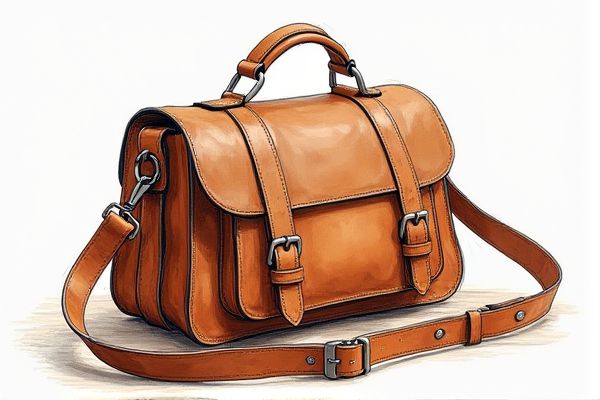
Illustration of leather bags
Best brands of leather bags in 2025
Hermès
Hermes stands out as a premier producer of luxury leather bags, driven by its stringent quality control and traditional manufacturing techniques. The company reported a 13% rise in second-quarter sales, with leather goods contributing over 45% of its revenue, and its iconic Birkin and Kelly models commanding high demand and resale values up to three times their original price. For an in-depth exploration of their impactful leather goods strategy, visit the Business of Fashion for more insights.
Louis Vuitton
Louis Vuitton is a paramount leader in the luxury handbag market, renowned for its high-quality leather bags. In 2021, the brand achieved an impressive revenue of $75.9 billion, reflecting its strong market presence since 2016. The leather segment, which dominates the luxury handbags market with a 40% share, is a key contributor to Louis Vuitton's success. The brand's use of natural-toned cowhide leather, which develops a rich patina over time, is a hallmark of its authentic products. With a market capitalization of $306.18 billion, Louis Vuitton surpasses its competitors in the luxury industry.
Gucci
Gucci is renowned as one of the foremost luxury fashion brands, particularly excelling in the production of leather bags. In 2023, leather goods accounted for 53% of Gucci's global revenue, highlighting the brand's dominance in this category. With a history dating back to 1921, Gucci has consistently innovated, such as introducing the iconic bamboo-handled bag post-World War II and the famous Jackie bag in the 1960s. The brand operates over 500 stores worldwide and generated revenue of more than EUR10.5 billion in 2022. Gucci's strong retail presence, especially in the Asia-Pacific region with 183 stores, further solidifies its position as a leader in luxury leather goods.
Prada
Prada is renowned as one of the leading producers of luxury leather bags, with leather goods accounting for 45.6% of its net sales in 2023. The brand's commitment to quality and innovation is evident in its rigorous selection and control of raw materials, ensuring top-quality standards. Prada operates 18 company-owned production sites, mostly in Italy, where artisanal techniques are combined with cutting-edge industrial processes. The brand's global presence includes 631 owned and franchised stores worldwide and a workforce of 14,876 employees. Prada's strategy to maintain an entry-price level lower than many competitors helps it reach younger generations.
Chanel
Chanel stands as a pinnacle in the luxury handbag market, renowned for its exquisite leather bags that have driven significant revenue growth. In 2023, Chanel's revenues surged 16% to $19.7 billion, with strong demand for its quilted leather handbags contributing to this success. The brand's strategic price increases and volume growth have maintained its market leadership, with operating profits rising 11% to $6.4 billion in the same year. Chanel's leather bags, such as the classic double flap and iconic gold chain models, remain highly sought after, despite the brand's policy to limit sales to one bag per customer per year to bolster exclusivity. This strategy has helped Chanel maintain its luxury status and appeal.
Fendi
Fendi, a renowned luxury fashion brand and subsidiary of LVMH, is one of the leading producers of high-quality leather bags, known for its elegance, craftsmanship, and innovation. Established in 1925 by Adele and Edoardo Fendi, the brand has gained international acclaim, particularly after its collaboration with Karl Lagerfeld starting in 1965. Fendi has recently invested EUR50 million in a new leather goods factory in Italy, which is expected to employ 700 staff by 2025 and features sustainable design elements. The European leather bags market, where Fendi is a significant player, was worth around EUR4.75 billion in 2022, with Italy being one of the largest exporters. Fendi's commitment to sustainability and quality production solidifies its position as a top producer in the luxury leather goods sector.
Coach
Coach, a renowned brand in the leather handbags market, has a rich history dating back to 1941 when it was founded as Manhattan Leather Bags. Known for its high-quality leather craftsmanship, Coach has evolved over the years, particularly after Lew Frankfort's presidency in 1979, which led to global expansion and the brand becoming a household name. By 2024, Coach's women's handbags generated net sales of about $2.5 billion, highlighting the brand's strong market presence. Coach's designs, such as the iconic bucket bags and the Coach Signature collection, have been popular for their functionality and style. The brand continues to innovate, incorporating monograms and other unique elements into its leather products. Discover more about their captivating designs here.
Bottega Veneta
Bottega Veneta has emerged as a leading producer of luxury leather bags, with leather goods accounting for 42% of its product range, significantly higher than its competitors. Under the creative direction of Daniel Lee, who took charge in July 2018, the brand saw a remarkable revival, with handbags such as the Pouch and Jodie Bag becoming instant hits. In 2020, leather goods generated 74% of Bottega Veneta's global sales, and clutch bags alone accounted for 22.3% of its leather goods range. The brand's focus on leather goods and footwear has been highly successful, with revenue reaching over EUR1.2 billion in 2020 and a 9.3% sales increase in Q3 2021. This strategy has positioned Bottega Veneta as a top luxury brand, known for its iconic and highly recognisable products. For more insights into Bottega Veneta's successful relaunch, see the detailed analysis.
Celine
Celine, under the creative direction of Hedi Slimane since 2018, has emerged as a top performer in the luxury leather goods market, with sales skyrocketing to over EUR1 billion, driven by the huge success of its ready-to-wear lines and leather goods. In 2021, Celine's revenue surged by 78% to EUR728 million, with export sales increasing by 81% to EUR564.5 million and sales in France rising by 67% to EUR162.9 million. The brand's e-tail results also saw a significant boost, growing 143% in 2021. Celine's leather goods, including iconic lines like the Triomphe Canvas, Nino, and Louise, are highly regarded for their craftsmanship and sophisticated allure. This growth underscores Celine's strong position in the luxury market. For more insights on their collections, visit their official website.
Saint Laurent
Saint Laurent has established itself as a leading producer of leather bags, with leather goods accounting for 40% of its product range but a significant 71% to 72% of its total sales. In 2020, leather goods generated 74% of the brand's revenue, while footwear and ready-to-wear contributed 16% and 7%, respectively. Under the creative direction of Anthony Vaccarello and the leadership of Francesca Bellettini, the brand has seen substantial growth, with sales increasing to EUR2.52 billion by 2022. Saint Laurent's strategy includes offering more accessible price points compared to competitors like Dior, Chanel, and Louis Vuitton, making it appealing to younger consumers. The brand's focus on multifunctional models like cross-shoulder bags and shoulder-worn bags has been particularly successful. For more details, read about Saint Laurent's strategy to target young clientele with accessibly priced handbags.










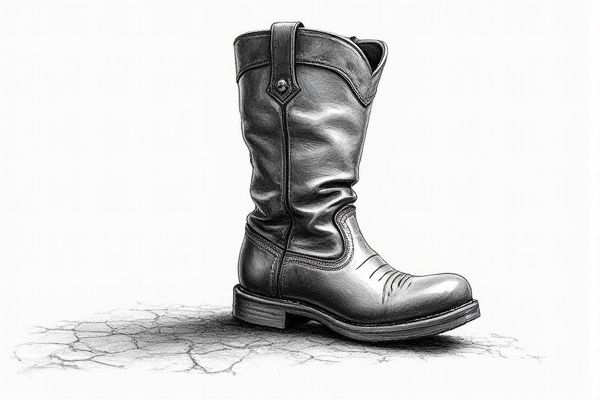
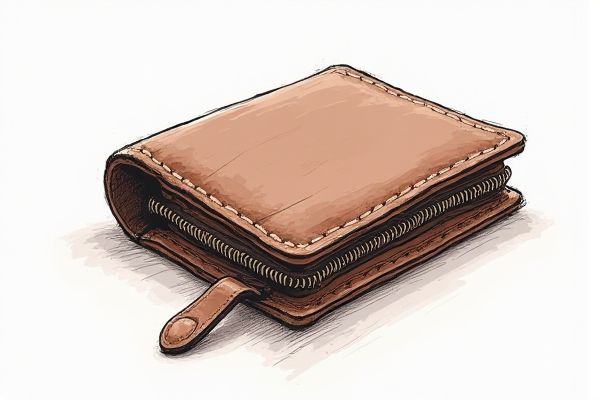
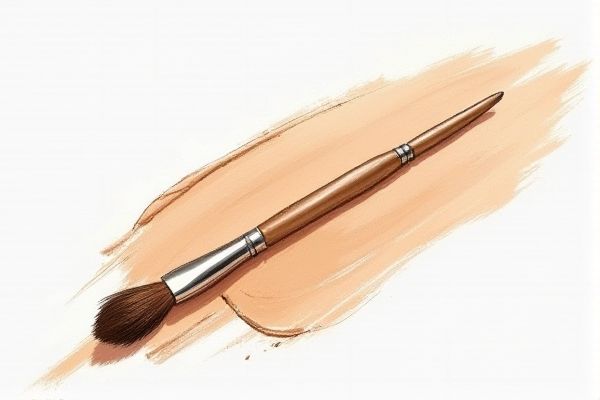
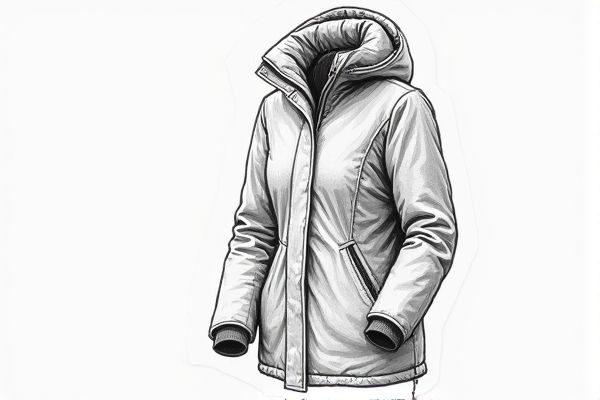
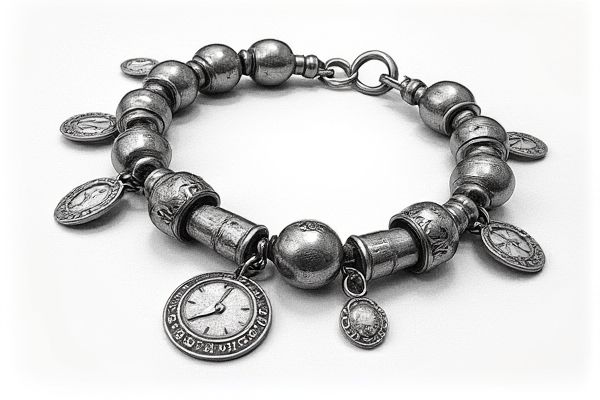
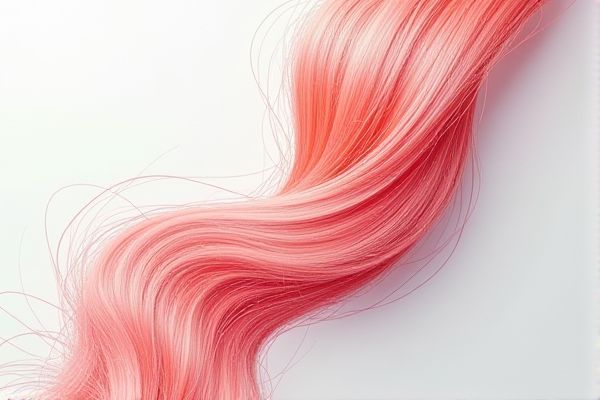
Leave a Reply
Your email address will not be published.